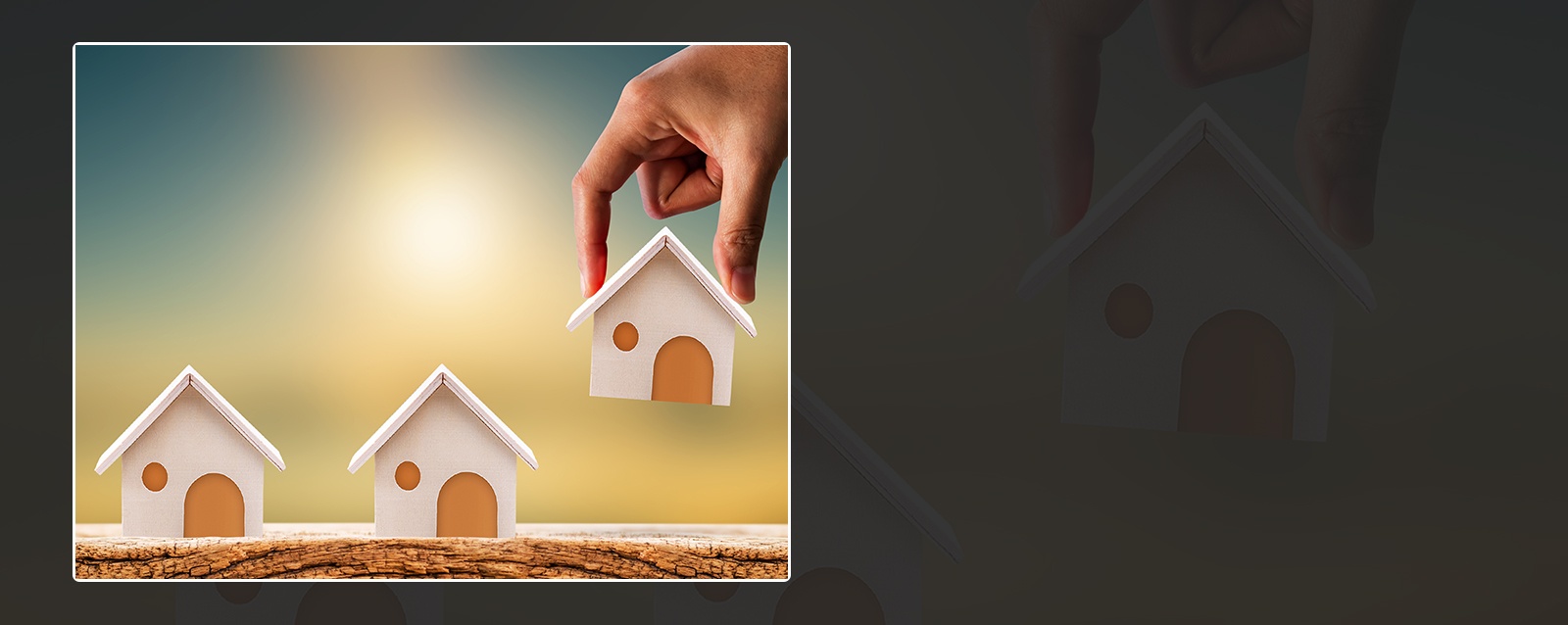
If you're planning to buy a home, the first step is figuring out how much money you need to save. It will require a down payment and closing costs. Additionally, you need to budget for ongoing maintenance and repairs. We have created this calculator to help you estimate how much you will need to save money for your downpayment, mortgage, and other homebuying needs.
What Can I Afford to Spend?
Your income and debt load will impact how much you can spend on a house. However, a mortgage loan is not possible if housing costs exceed 28% of your gross month income. This includes your total net salary plus bonuses.
Savings for a Down Payment
For most loans, you will need a minimum 5-10% downpayment. The amount that you'll need to put down will depend on your credit history and the loan type you apply for.

How to Save Money for a Down Payment
A budget is the best way to save for a downpayment. This will allow you to see what you can and cannot afford each month as well as where you can cut costs. It's now time to save!
Here are some key steps to help you reach your savings target quickly. You must first pay off all debts and establish an emergency fund covering 3-6 month living expenses. This will protect you from any unexpected circumstances.
Once you're ready start saving you can either set up automatic withdrawals or deposit money into a savings fund. Once you've saved up a substantial amount, you can begin looking for a house to purchase.
How to Use Your Downpayment Funds
Lenders require that the down payment must be sourced from your finances. This can be funds that you have accumulated through saving, selling assets, or getting a raise at the office. If you don’t have enough money, you can either choose a lower-priced home or put off buying your house until you save more.

How to Find a Cheaper Mortgage
You can save on your home-buying costs by comparing mortgage rates. Many lenders offer both fixed-rate and variable-rate mortgages. Some lenders will let you borrow a portion from the purchase price as an initial payment.
The most common types of loans for home buyers are conventional, FHA and VA loans. Each one has its own requirements and benefits, but all of them have one thing in common: They can be challenging to qualify for without a large down payment.
It is possible for you to buy a house using a very small down payment. However it will take patience and you need to save more. Start by cutting down on your expenses and gradually increasing your down payment.
FAQ
How can I calculate my interest rate
Market conditions affect the rate of interest. In the last week, the average interest rate was 4.39%. Multiply the length of the loan by the interest rate to calculate the interest rate. If you finance $200,000 for 20 years at 5% annually, your interest rate would be 0.05 x 20 1.1%. This equals ten basis point.
What flood insurance do I need?
Flood Insurance covers flood damage. Flood insurance protects your possessions and your mortgage payments. Learn more information about flood insurance.
What should I look out for in a mortgage broker
A mortgage broker is someone who helps people who are not eligible for traditional loans. They shop around for the best deal and compare rates from various lenders. This service is offered by some brokers at a charge. Other brokers offer no-cost services.
Can I purchase a house with no down payment?
Yes! Yes. There are programs that will allow those with small cash reserves to purchase a home. These programs include conventional mortgages, VA loans, USDA loans and government-backed loans (FHA), VA loan, USDA loans, as well as conventional loans. You can find more information on our website.
How long does it usually take to get your mortgage approved?
It depends on many factors like credit score, income, type of loan, etc. Generally speaking, it takes around 30 days to get a mortgage approved.
What are the pros and cons of a fixed-rate loan?
A fixed-rate mortgage locks in your interest rate for the term of the loan. This ensures that you don't have to worry if interest rates rise. Fixed-rate loans have lower monthly payments, because they are locked in for a specific term.
How can I determine if my home is worth it?
If your asking price is too low, it may be because you aren't pricing your home correctly. If your asking price is significantly below the market value, there might not be enough interest. For more information on current market conditions, download our Home Value Report.
Statistics
- It's possible to get approved for an FHA loan with a credit score as low as 580 and a down payment of 3.5% or a credit score as low as 500 and a 10% down payment.5 Specialty mortgage loans are loans that don't fit into the conventional or FHA loan categories. (investopedia.com)
- Some experts hypothesize that rates will hit five percent by the second half of 2018, but there has been no official confirmation one way or the other. (fortunebuilders.com)
- 10 years ago, homeownership was nearly 70%. (fortunebuilders.com)
- This means that all of your housing-related expenses each month do not exceed 43% of your monthly income. (fortunebuilders.com)
- Based on your credit scores and other financial details, your lender offers you a 3.5% interest rate on loan. (investopedia.com)
External Links
How To
How to become a broker of real estate
Attending an introductory course is the first step to becoming a real-estate agent.
Next, pass a qualifying test that will assess your knowledge of the subject. This involves studying for at least 2 hours per day over a period of 3 months.
Once you have passed the initial exam, you will be ready for the final. You must score at least 80% in order to qualify as a real estate agent.
You are now eligible to work as a real-estate agent if you have passed all of these exams!